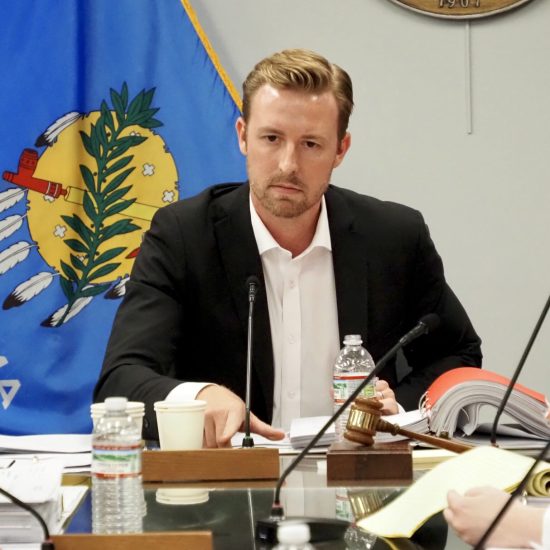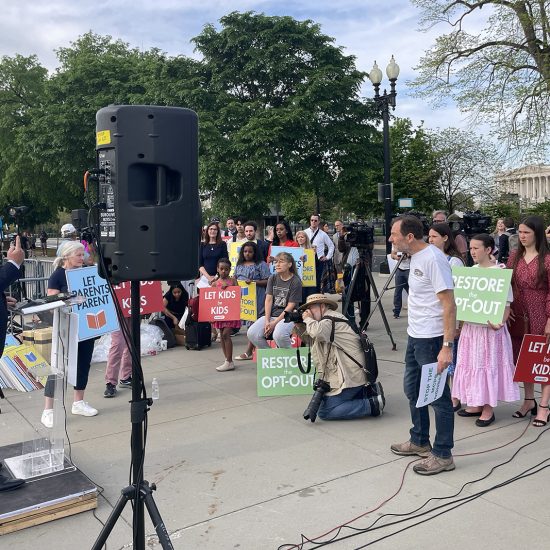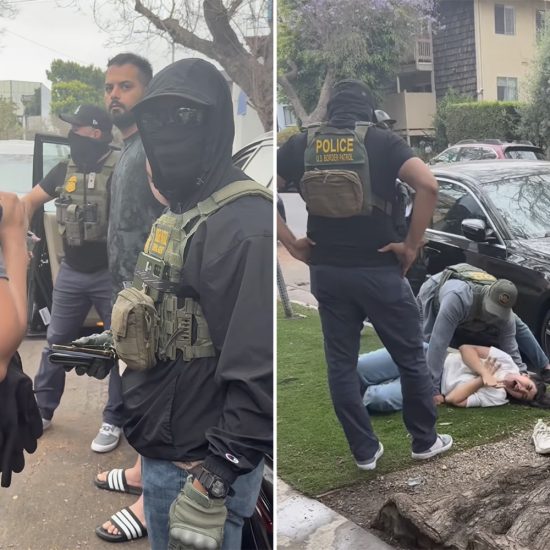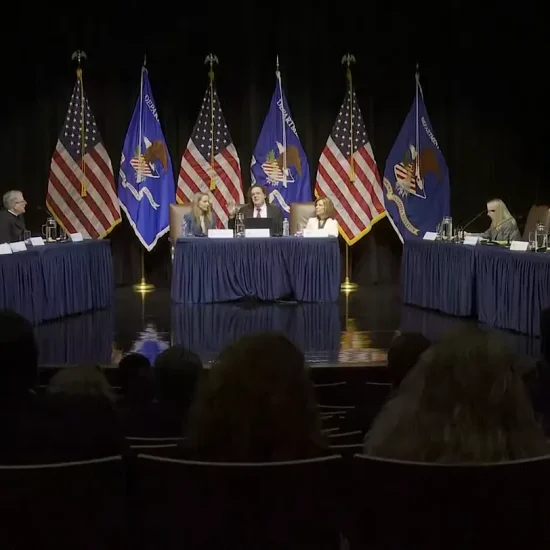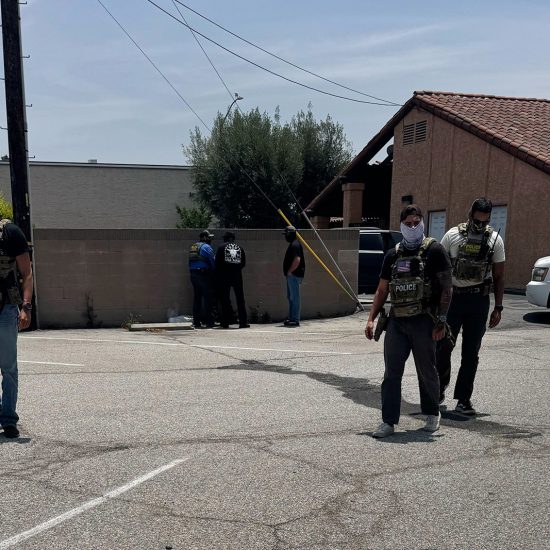Leaders of religious minorities in Iraq issued a declaration of principles in January urging support for freedom of belief. The Masarat Institution for Cultural Development, a non-profit organization in Iraq that works to protect minorities, organized a series of dialogues leading to the crafting of the “Baghdad Declaration for Supporting Religious Freedom.”
 Ara Badalian, pastor of the Evangelical Baptist Church in Baghdad (Photo: Brian Kaylor)Dialogues held during several months in different regions of the nation — including Basra and Sulaymaniyah — culminated in the January gathering in Baghdad with the theme “Enhancing Religious Diversity and Peacebuilding in Iraq.” The Baghdad Declaration notes the meetings were designed “to enhance the freedom of religion” and to release a “declaration of basic principles” to guide local Iraqi institutions and the international community.
Ara Badalian, pastor of the Evangelical Baptist Church in Baghdad (Photo: Brian Kaylor)Dialogues held during several months in different regions of the nation — including Basra and Sulaymaniyah — culminated in the January gathering in Baghdad with the theme “Enhancing Religious Diversity and Peacebuilding in Iraq.” The Baghdad Declaration notes the meetings were designed “to enhance the freedom of religion” and to release a “declaration of basic principles” to guide local Iraqi institutions and the international community.
More than 70 representatives from minority groups across Iraq participated in the process, including religious leaders, politicians and legal experts. In addition to wide representation from Christian minority groups, others represented Mandaeans, Yazidis, Zoroastrians and other minority traditions. Ara Badalian, pastor of the Evangelical Baptist Church in Baghdad, moderated one of three sessions at the January event. His session focused on challenges facing ethnic minorities seeking freedom of belief. Other leaders at the gathering included Patriarch Louis Sako, the global head of the Chaldean Catholic Church and the Chaldean archbishop of Baghdad; Prince Breen Tasheen, whose father is the leader of the Yazidi people; Peer Luqman Haji, the spiritual leader of Zoroastrianism in Iraq; Joseph Saliwa, a Christian and member of the Iraqi parliament; and Grand Ayatollah Sayyid Muhammed Saeed al-Hekim, a Shia leader in Najaf, Iraq.
“The State plays the major role in guaranteeing or threatening freedom of religion and belief,” the Declaration declares at the start, adding that governmental officials play an important role developing a structure that “either plays a positive role that facilities religious harmony and guarantees freedom of religion for individuals and groups, or contributes to the increase in religious intolerance and the degree of tension.”
The Baghdad Declaration also urges more religious dialogue since “open channels of communications will lead to the elimination of prejudices and stereotypes which are the root causes of fear and mistrust leading to violence, discrimination and various forms of human rights violations, including freedom of religion or belief.” It adds that religious leaders “play a vital role in reducing sectarian tensions” by affirming “the importance of every person’s right to choose their religion or belief freely in every way, including the right to change religion or express opinions about other religions and beliefs, even if these opinions are controversial.”
The Declaration identifies several “main challenges” that currently undermine religious freedom in Iraq. First, “religious re-conversion (changing religion)” creates “social and legal consequences” for religious minorities. Second, many religious minorities still have not received “recognition in the Iraqi federal constitution,” including “Zoroastrians, the Kaka’is and Baha’is, the Jews and Iraqi Circassians, Chechens and Dagestanian tribes.” Third, the “politicizing of the religious identities” represents “the exploitation of religion for narrow political gains in a way that may marginalize the religious minorities politically.” Fourth, “the spread of feelings of religious hatred” and governmental corruption undermine trust in state institutions.
The Declaration includes numerous recommended steps for Iraqi leaders to enact to help protect religious freedom. Initiatives include crafting laws to prohibit religious discrimination, working to “respond adequately to violations of freedom of belief regardless of the religious affiliation of the culprit or the party whose religious rights are getting violated,” removing religious affiliation from official identity cards and documents, rescinding legislation that prohibits some religious sects (like the Baha’i), work to preserver the heritage and historical artifacts of all cultures and sects in the nation and including information about “other faiths” in the nation’s educational curriculum.
“The State should respect, protect and encourage freedom of communication among representatives of various religions and faiths and develop and enrich open channels beyond borders as issues concerning freedom of religion and faith have become international,” the Declaration adds. “That is to say, oppression to freedom of religion and faith in one country can affect its neighboring county as religious and sectarian affiliations and issues surpass border lines.”
The Declaration also notes “women are considered the most marginalized segment in many religious traditions,” thus frequently suffering persecution. In particular, it condemns efforts to use religion to justify kidnapping and raping women from minority faiths. It ends by urging that women “be given a bigger role in the initiatives for interfaith dialogue.”
The committee that led the drafting of the Baghdad Declaration is also charged with monitoring the implementation of the recommendations.
Iraqi Minorities Pen ‘Baghdad Declaration for Supporting Religious Freedom’

